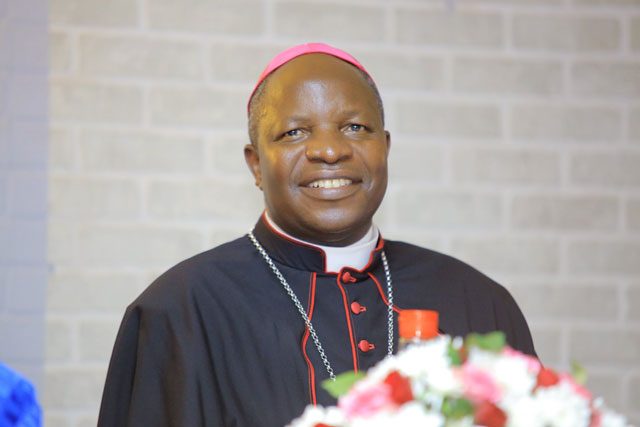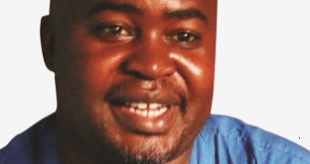
Masaka, Uganda | THE INDEPENDENT | A report of at least 400 pages has been generated from public consultations on possible reforms in the administration of the Catholic church from Masaka Diocese.
The consultation process which began in February this year has according to Masaka Diocesan Bishop, Serverus Jumba attracted wide public participation which is reflected in very many views raised.
The views were collected in the largest consultations process in the history of the Catholic Church, in which Pope Francis invited the faithful to share views on the reforms they would wish to see in the administration of the life and mission of the church.
The consultation dubbed “synod on synodality” was declared last year and eventually rolled out in all dioceses of the world, with the faithful making suggestions on various aspects that include how to strengthen cohesion in the church, fomenting harmony with other faiths, ensuring full participation of all faithful in the activities of faith.
Bishop Jjumba indicated at the climax of the exercise in the diocese on Friday, that their local consultations committee had compiled a draft report of 400 pages as views collected from the different categories of people across the 58 parishes in the diocese.
He explains that the consultations committee has thoroughly studied the bulky report from which they have also sieved a final copy of five pages which is going to be submitted to the Uganda Episcopal Conference headquarters in Nsambya-Kampala.
According to him, the suggestions were collected from all the various stakeholders who freely contributed their views either in writing or through open discussions, and social media platforms that were managed by the consultations committee.
According to him, the biggest percentage of the suggestions require local remedies adding that these will be addressed at the diocesan level.
He however indicates that pending resolutions from Vatican Council which will dissect the final consultation report in their next year’s seating. The Diocese is going to put much of its emphasis on environmental protection and restoration.
Reverend Father James Ssendege, the coordinator of the local consultation committee reveals that many of the suggestions rotated around demands to reduce the gap between the priests and the laity.
He says that the consultation process has also revealed the underlying need for the church to conduct vigorous sensitization of Christians to emphasize the values and doctrines of the faith.
Notably, in some of the public consultations in the area, some members of the Catholic laity community also proposed that the church relaxes some of its rigidities that include embracing couples in the marriage of cohabitation, promoting the empowerment of Persons with Disabilities by admitting them into the priesthood and other classical positions in the church as a way of ending their discrimination.
*****
URN
 The Independent Uganda: You get the Truth we Pay the Price
The Independent Uganda: You get the Truth we Pay the Price



